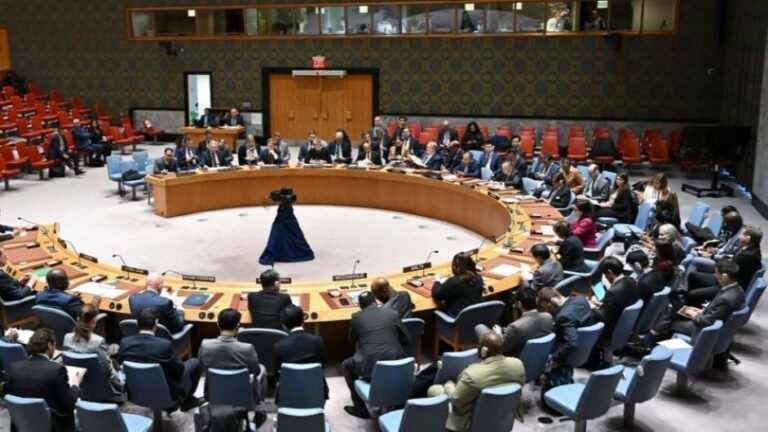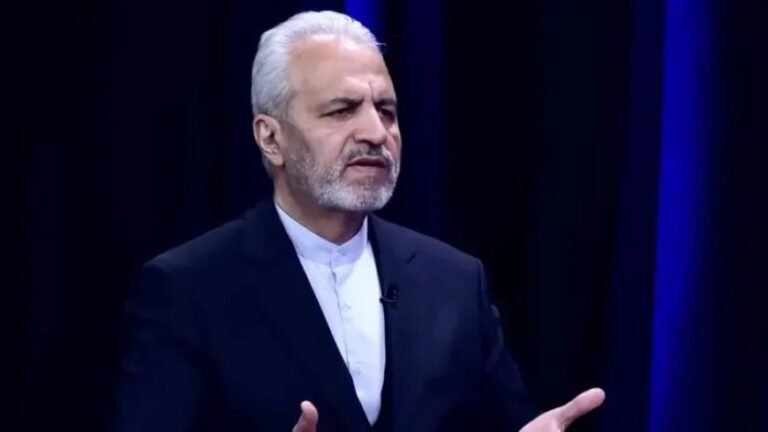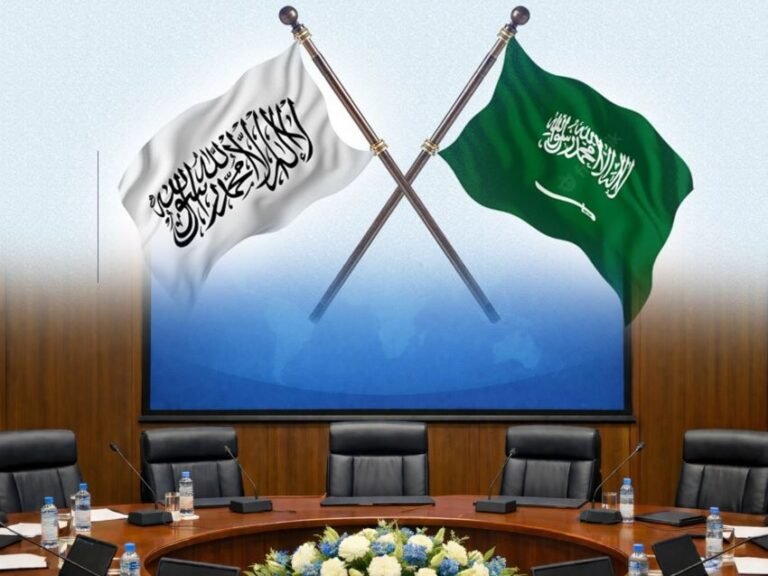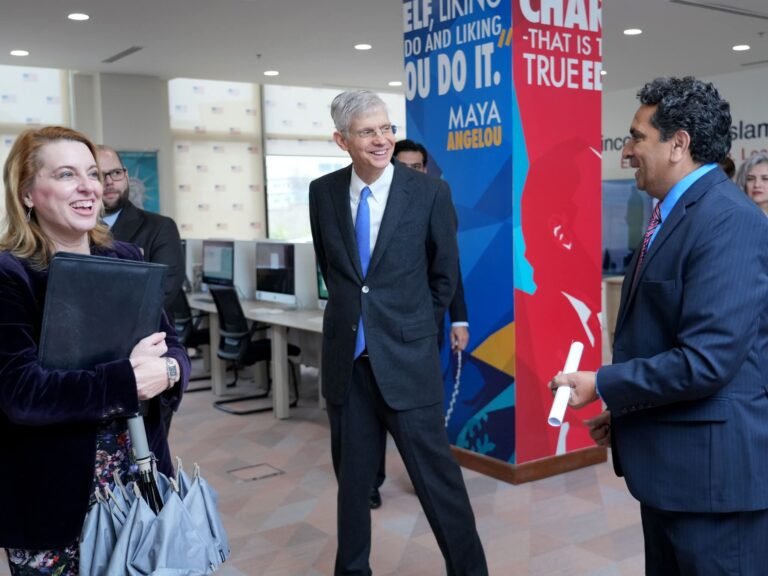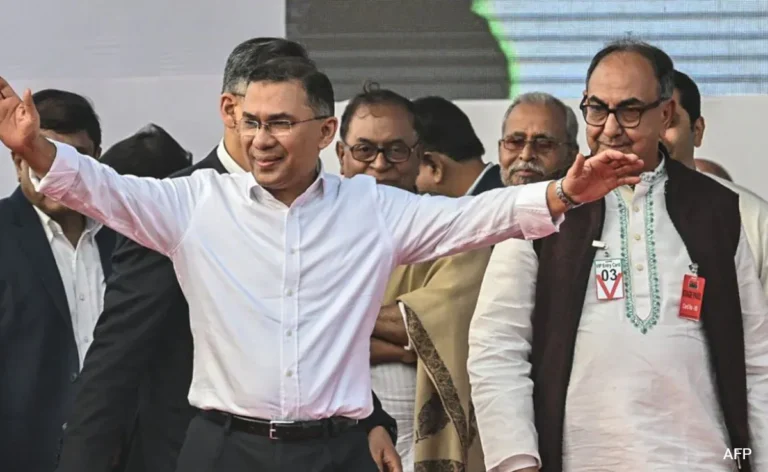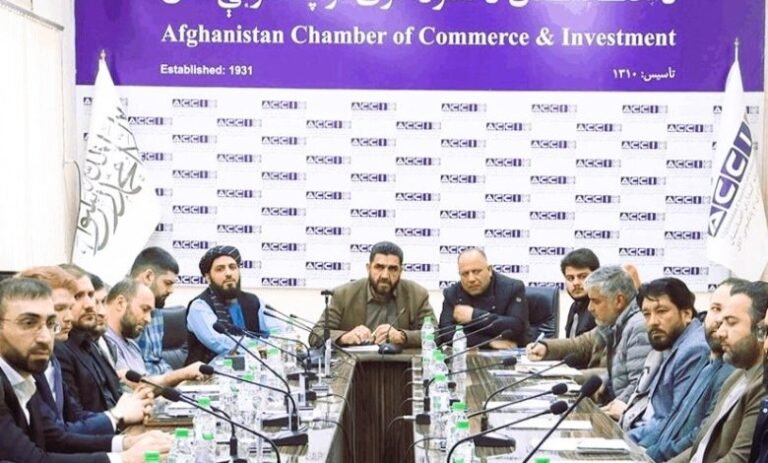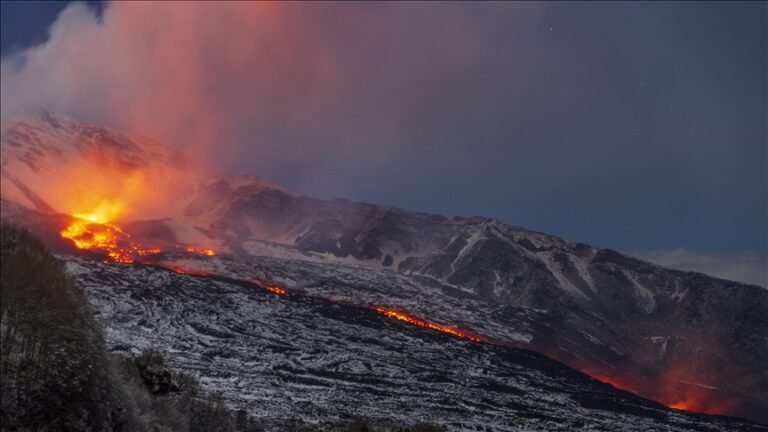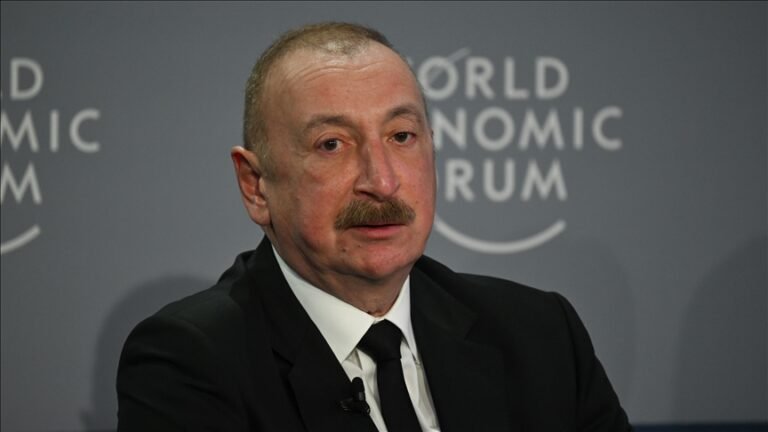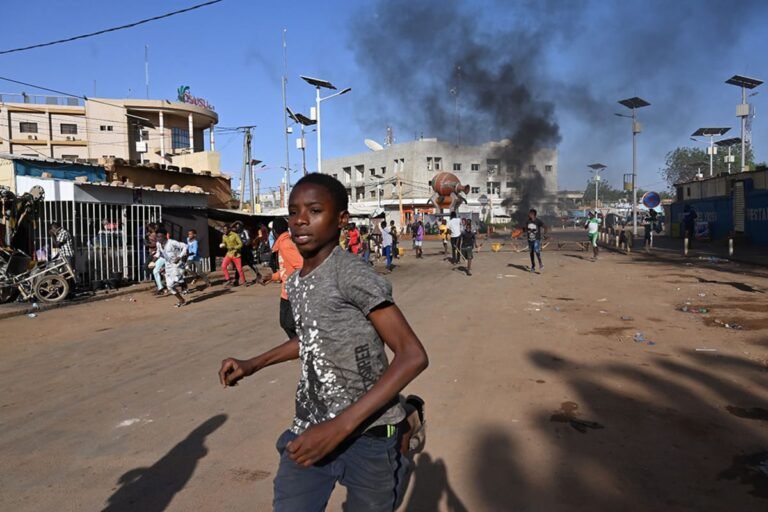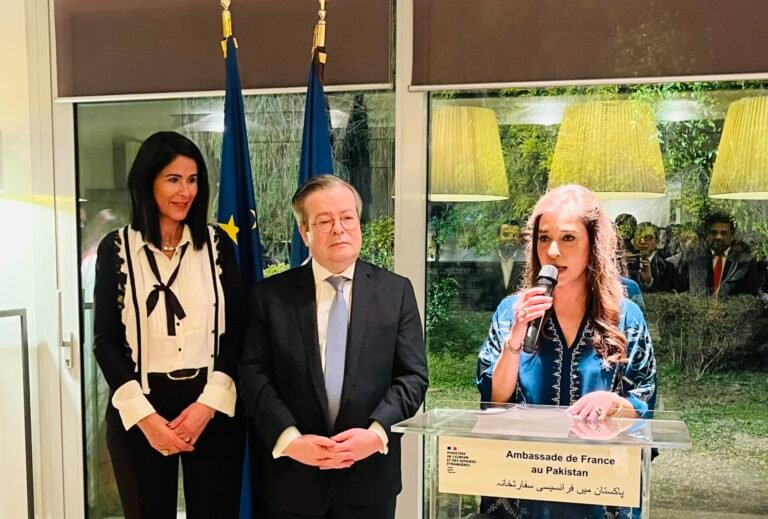Washington (TDI): US President Donald Trump may sit down with his Russian counterpart Vladimir Putin as early as next week, in what could become a pivotal moment in efforts to end the ongoing war in Ukraine.
If it materializes, this would be the first face-to-face encounter between an American and Russian president since Joe Biden met Putin in Geneva in mid-2021, months before Moscow launched its full-scale invasion of Ukraine, the largest military conflict in Europe since the Second World War.
Trump, during a recent phone conversation with European leaders, reportedly indicated his intention to meet Putin first, followed by a three-way discussion that would include Ukrainian President Volodymyr Zelensky.
White House Press Secretary Karoline Leavitt confirmed the president’s willingness to meet both Putin and Zelensky, stating that Russia had initiated the request for dialogue and that Trump was open to the possibility.
Read More: Putin Tells Trump No Retreat from Aims in Ukraine
Germany’s government also confirmed that Trump shared updates on these discussions during a call with Chancellor Olaf Scholz and other European leaders.
The news follows a meeting in Moscow between Putin and US envoy Steve Witkoff, a close Trump associate, which both sides reportedly described as “productive.” Trump noted that the discussions had made “significant headway,” and described them as encouraging signs for peace efforts.
This diplomatic activity comes just ahead of a deadline Trump has reportedly set for Moscow to commit to a peace framework or face renewed sanctions.
Read More: Trump’s Tariff Barrage Begins, Some Rates Soar to 50%
Meanwhile, Kremlin foreign policy advisor Yuri Ushakov characterized the talks with Witkoff as “constructive,” mentioning that both sides exchanged messages regarding the Ukraine crisis and explored the possibility of renewed strategic collaboration between Washington and Moscow. He withheld further details pending Witkoff’s debriefing with Trump.
On the Ukrainian side, President Zelensky struck a cautiously optimistic tone in his nightly speech. He noted that Russia appeared more receptive to a ceasefire, attributing the shift to growing international pressure. However, he warned against being misled by vague assurances and stressed the need for transparency.
Farkhund Yousafzai is an Associate Editor at The Diplomatic Insight.
- Farkhund Yousafzai
- Farkhund Yousafzai
- Farkhund Yousafzai



